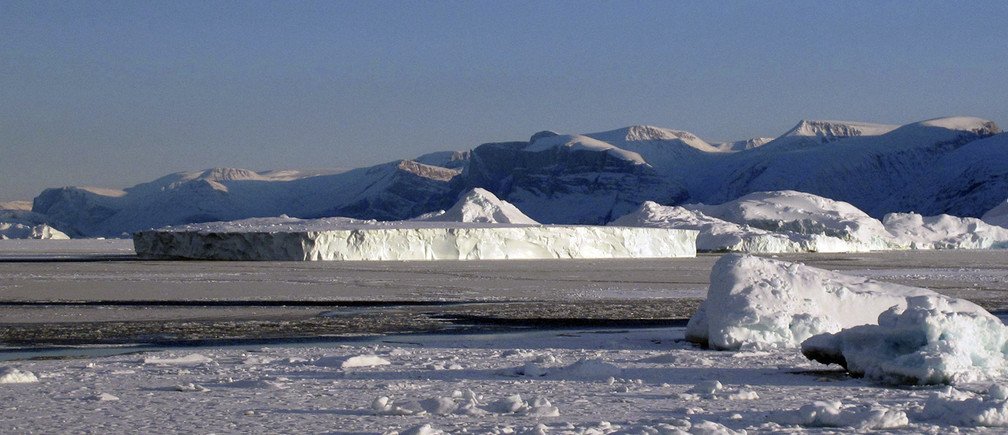The World Economic Forum has unveiled a cutting-edge platform, the Polar Tipping Points Hub, as part of its Global Collaboration Village.

The World Economic Forum has unveiled a cutting-edge platform, the Polar Tipping Points Hub, as part of its Global Collaboration Village. This innovative virtual reality space, powered by advanced technology, aims to unite global leaders in the metaverse to tackle the escalating impacts of the climate and nature crisis, with a special focus on critical tipping points in polar regions.
The launch of this hub coincides with the annual minimum of summer sea ice extent in the Arctic, underscoring the urgent need to combat polar warming and related climate challenges. The platform’s real-time simulation capabilities for different temperature scenarios promise to expedite decision-making processes.
Gim Huay Neo, Managing Director and Head of the Centre for Nature and Climate at the World Economic Forum, emphasized the severe consequences of breaching planetary tipping points for interconnected ecosystems. He stressed the importance of collective action from businesses and governments to innovate, mitigate, and adapt to risks associated with global temperature rise and polar tipping points.
As human-induced warming approaches and surpasses a 1.5°C increase, several critical polar tipping points are perilously close to activation. Six out of the 16 identified climate tipping points are particularly vulnerable, even with temperature increases below 2°C. Of these, five are situated in the polar regions, encompassing both the Arctic and Antarctic, with far-reaching implications worldwide.
The nexus of polar tipping points can lead to disruptions in interconnected Earth systems, including the albedo effect, which affects surface reflectivity. Diminishing albedo due to ice and snow loss contributes to global warming.
Additionally, there exists a direct correlation between human-induced carbon dioxide emissions and the decline of Arctic sea ice, indicating that as emissions rise, sea ice will continue to diminish. This decline exacerbates global vulnerabilities, including extreme weather, heat stress, food and water security concerns, climate-induced migration, and disruptions in supply chains.
Situated within the Global Collaboration Village, a World Economic Forum initiative in collaboration with Accenture and Microsoft, the Polar Tipping Points Hub offers an immersive experience for collaborators to visualize the repercussions of polar warming on Earth’s intricate systems. Through a monitoring station, visitors gain deeper insights into three of the five pivotal polar tipping points that become precarious with a 1.5°C temperature increase or beyond.
The initiative serves a dual purpose of raising awareness and fostering cross-sectoral collaboration among Village partners and existing Forum communities. The hub will continually integrate new data to remain at the forefront of polar and climate research.
The launch of the Polar Tipping Points Hub aligns closely with the Forum’s commitment to address global challenges through concerted efforts. The immersive experience will vividly illustrate current warming trends and the ensuing cascade of risks, offering a crucial tool for comprehending the urgency of unified action.
Collaboration with Arctic Basecamp, NASA, the National Snow and Ice Data Center, and other institutions has played a pivotal role in the development of this hub.